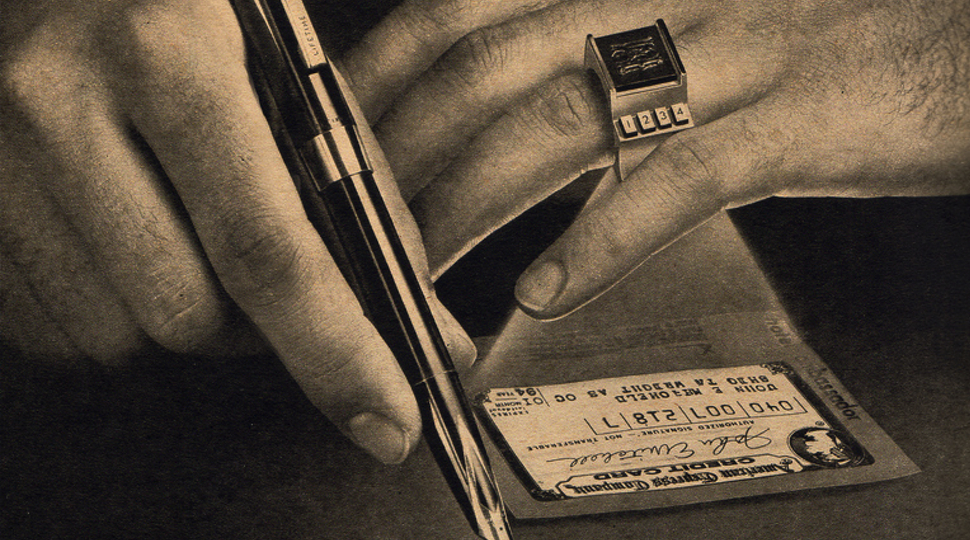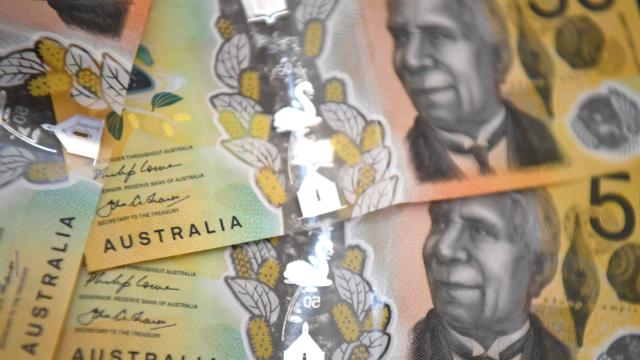Australia’s Senate has scrapped a plan that would have banned cash transactions on all purchases over $10,000. The cash ban proposal was set in motion back in 2017 after a government report suggested the idea as a way to crack down on organised crime and tax cheats. Businesses faced heavy fines and up to two years in prison if they accepted more than $10,000 in cash during a single transaction.
Several politicians were upset with the proposal but the final nail in the coffin was, ironically enough, the current covid-19 pandemic. Retailers have been encouraged to use electronic payments as a way to slow the spread of coronavirus through physical contact and cash, but the cash ban would’ve also created new regulations at a very inconvenient time.
Australia is already making a humble recovery from the covid-induced recession that started earlier this year, and Australia’s conservative government, led by Prime Minister Scott Morrison, stressed that the middle of a pandemic was a really bad time to institute any more roadblocks for small businesses.
“As we progress through to the recovery stage, we recognise now is not the time to impose an additional burden on small business,” Assistant Treasurer Michael Sukkar told Australia’s newspaper The Age.
Australia’s funeral industry was one of the most vocal opponents of the proposed cash ban, with the Australian Funeral Directors Association saying that roughly 6% of all funerals in the country that cost more than $10,000 are paid in cash, according to The Age.
Australia had originally planned for the cash ban to start in July of 2019 but implementation was delayed by the Senate. The government had planned to enforce the $10,000 cash limit through a new “Black Economy Standing Taskforce” that would have received $300 million in funding. The government anticipated it would find roughly $3 billion in new tax revenue over four years — revenue that had previously been hiding in the all-cash black market.
The black market for products like tobacco is incredibly lucrative due to Australia’s high tax rate on cigarettes. The sales tax on cigarettes isn’t taken until the point of sale, so it’s strangely common for tobacco warehouses in the land Down Under to be raided and the tax-free cigarettes to be sold on the street.
While just 37% of transactions in Australia are made with cash, that’s still a high number relative to other wealthy countries. Countries like India and Sweden have been fast-tracking their moves to a cashless society, something that worries privacy experts of the 21st century, and yet made some government strategists very happy in the 20th century.
The idea of creating a cashless society has been around for over a century, with novels like 1888’s Looking Backward by Edward Bellamy imagining a kind of debit card that would be issued by the government. But the idea really started to take off in the 1960s, with the advent of ATMs and computerised banking that could track payments much more quickly than previous methods. Some futurists even imagined various payment devices more “convenient” than a credit card, such as this ring that contained a small projector.

Australia may have given up on this particular step toward a cashless society, but governments around the world will continue to move in that direction. At least until we blow up the entire world with nukes through a terrible accident. Apple Pay isn’t post-apocalypse compliant as far as we can tell. As the U.S. Fed demonstrated with its Cold War nuclear bunker, you really need cold hard cash. $5 billion to be precise.
